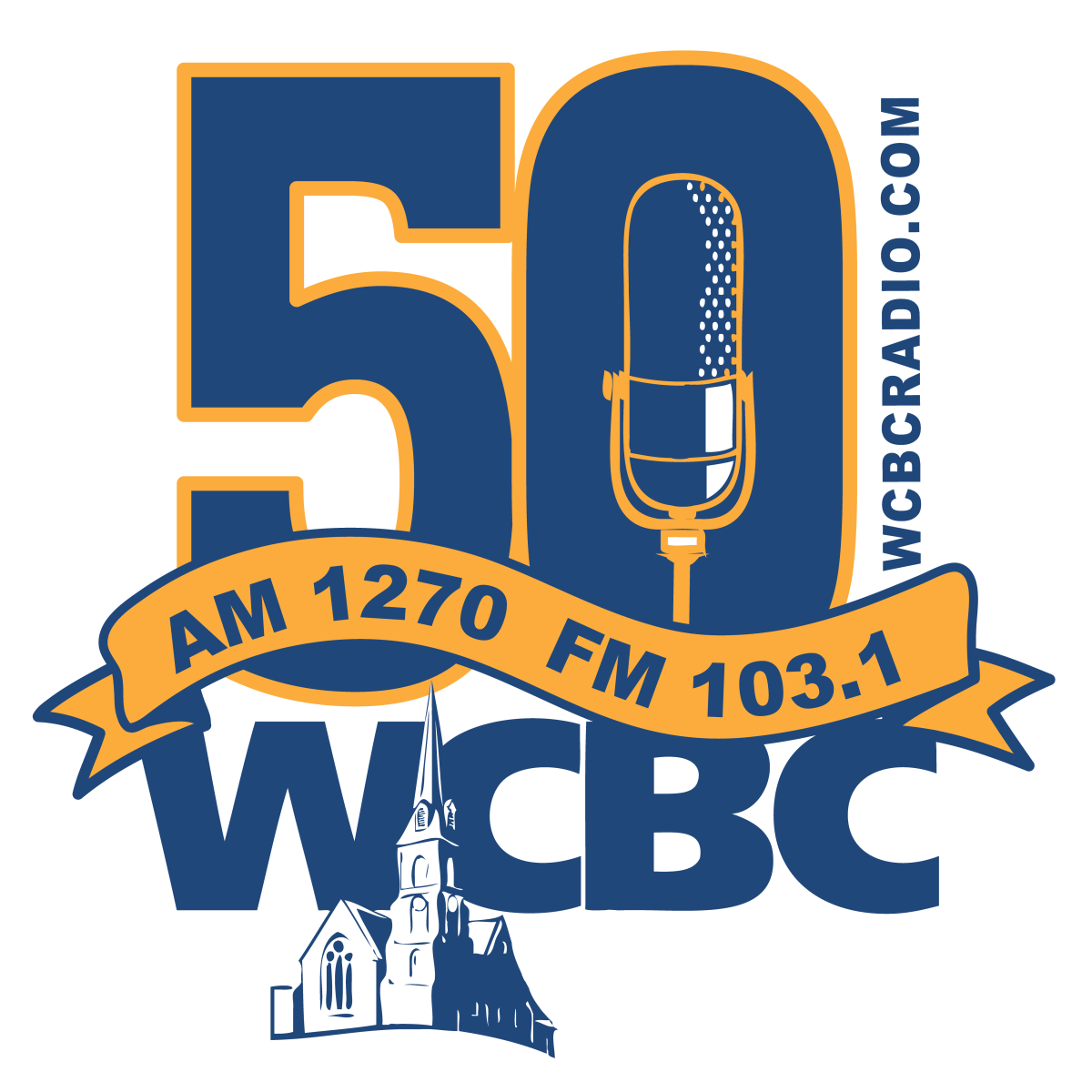July 6th, 2021 by WCBC Radio
Governor Larry Hogan today, in conjunction with the Maryland Department of Health (MDH), announced the launch of a $72 million maternal and child health care transformation initiative aimed at improving related health disparities for Marylanders statewide.
To support care transformation, Maryland’s Health Services Cost Review Commission (HSCRC) will provide $10 million in annual funding beginning July 1 for the next four years. MDH’s Public Health Services will receive $2 million annually. Maryland Medicaid will receive $8 million annually and also will be eligible to receive matching federal funds each year, bringing a combined total of $72 million to the initiative.
“Maryland’s maternal and child health care transformation is focused on prevention and early intervention,” said Governor Hogan. “By investing in access to prenatal care, postpartum care and child health visits, we can improve a wide range of outcomes that potentially impact the health of multiple generations of Marylanders.”
HSCRC has designated funds for both new statewide programs and expansion of existing health care services, all of which may be sustained even after funding expires in 2025. HSCRC approved the programs and services based on their ability to support the SIHIS goals of reducing severe maternal morbidity and pediatric asthma-related emergency department visits for youth ages 2-17.
During the 2021 session, the Maryland legislature also passed Senate Bill 923, which extends Medicaid coverage for comprehensive medical, dental, and other health care services for mothers from two to 12 months postpartum. The legislation will provide an estimated $17 million in additional funding to improve health for mothers who participate in Maryland’s Medicaid program.
“All of this new funding represents a significant investment in improving maternal and child health in our state,” said MDH Secretary Dennis R. Schrader. “This investment will help us address a long-standing history of health disparities for mothers and children within communities that are underserved and need more support.”
In December 2020, Maryland designated maternal and child health as its third and final population health priority under its Statewide Integrated Health Improvement Strategy (SIHIS). The SIHIS is a coordinated public-private initiative to improve health, reduce disparities, and transform healthcare delivery under Maryland’s Total Cost of Care Model.
"HSCRC is committed to working with other state agencies and private sector partners to transform care delivery,” said Katie Wunderlich, executive director of the HSCRC. “Addressing disparities and improving health outcomes for all Marylanders are essential to fulfilling our mission."
HSCRC-funded programs and initiatives include:
Medicaid
- Home Visiting Services Pilot expansion: The current program serves eligible high-risk pregnant individuals and children up to age two. The program aims to increase use of prenatal and postpartum care, child vaccination rates, and well-child visits.
- Reimbursement for Doula Services: This new initiative provides Medicaid reimbursement for doula services. Doulas acts as advocates during and after pregnancy, including labor and delivery. These services will help increase access to care and lead to fewer low birth weight babies, birth complications, and C-sections.
- CenteringPregnancy: This new program offers group prenatal care for low-risk pregnancies, including screenings for sexually transmitted infections and HIV. The program seeks to reduce incidents of preterm birth, low birth weight, elective C-sections, infant mortality, NICU stays, and emergency department visits for mothers and babies.
- HealthySteps: This new program serves children from birth to age three and their families. HealthySteps promotes positive parenting and healthy development for babies and toddlers. The program aims to decrease postpartum depression and emergency department usage for care, as well as to increase child vaccination rates and well-child visits.
- Maternal Opioid Misuse (MOM) Model Expansion: The MOM model provides extra support for pregnant and postpartum individuals with opioid use disorder, including screenings for needs related to social determinants of health and maternal anxiety and depression. The model aims to increase access to prenatal and postpartum care while reducing potentially avoidable emergency department use and long neonatal intensive care unit stays.
Public Health Services
- Improving Childhood Asthma Outcomes and Disparities: To improve overall childhood asthma outcomes and to address historically poorer asthma outcomes in Black children, MDH created a home visiting program in local health departments that offers education and training on home environmental asthma triggers. The program provides free services and materials and improves care coordination with health care providers through asthma action plans. The plans are designed to both reduce asthma-related emergency department use and improve school attendance for children.
- Eliminating Disparities in Maternal Health: The initiative provides funding opportunities for jurisdictions that have elevated maternal morbidity rates to implement or expand programs and initiatives that improve maternal and child health. These initiatives include expanding home visiting programs and implementing the CenteringPregnancy program.
“By creating and expanding these programs and services, we’ll have increased access to care—especially for chronic conditions—during one of the most critical periods for intervention,” said MDH Deputy Secretary for Public Health Dr. Jinlene Chan. “These interventions are critical to helping set someone on the path toward a healthier future and may ultimately save lives.”
According to Maryland’s 2019 Maternal Mortality Review, Maryland’s maternal mortality rate ranked 22nd in the nation with 24.8 maternal deaths per 100,000 live births. For more information on maternal mortality in Maryland, visit https://health.maryland.gov/phpa/mch/pages/Home.aspx.

















